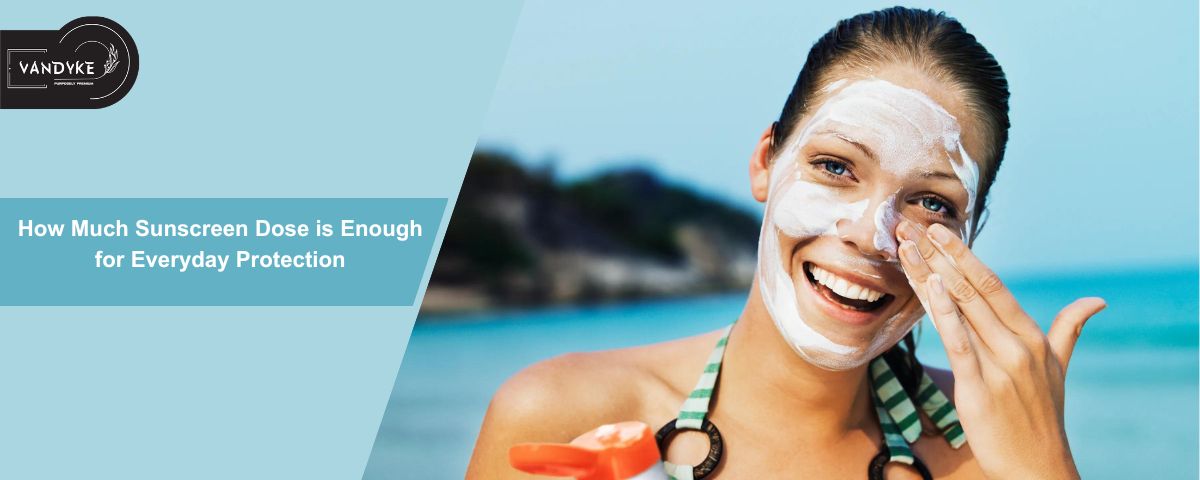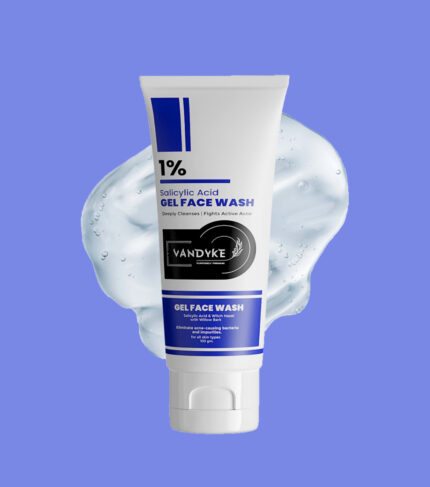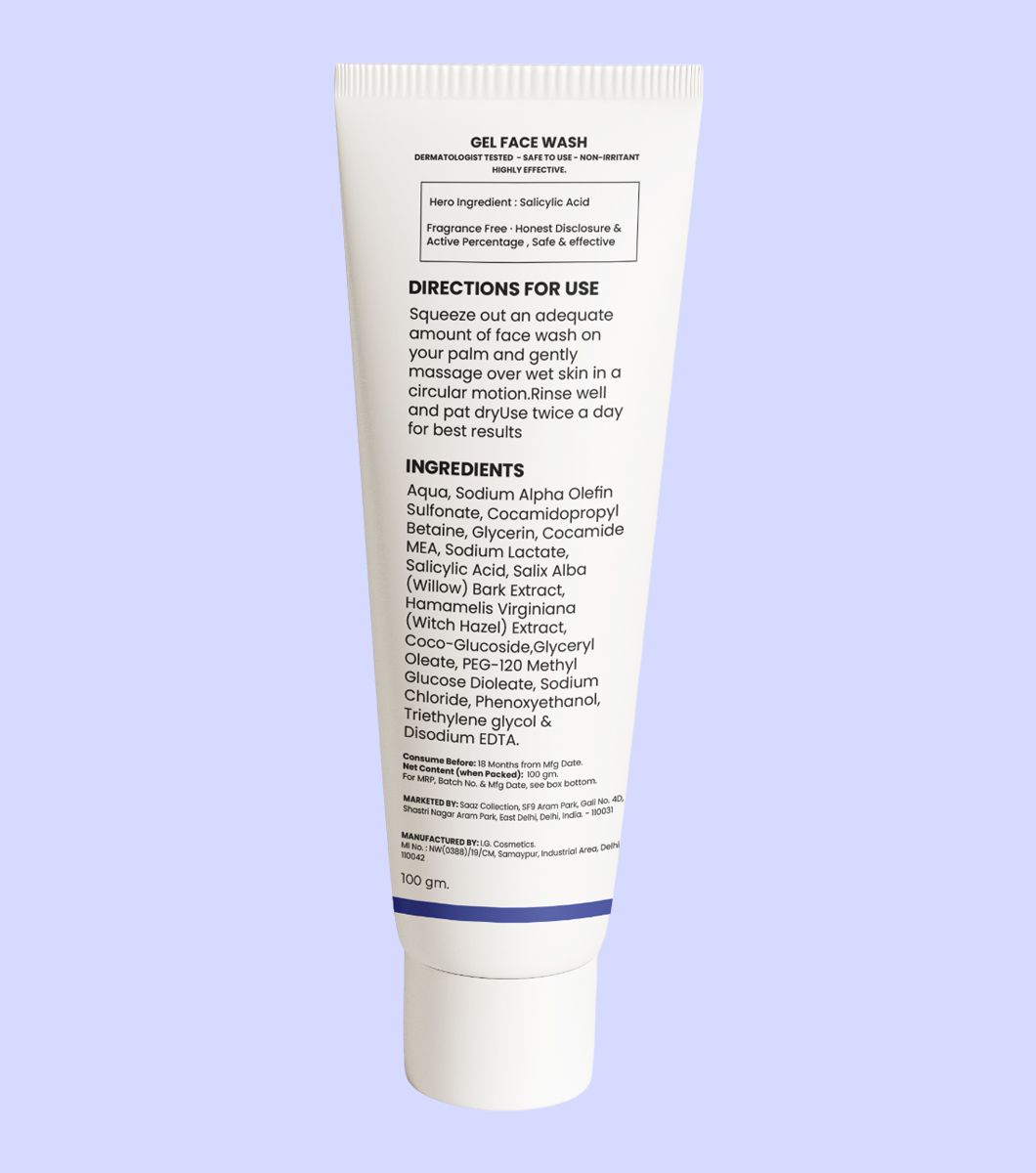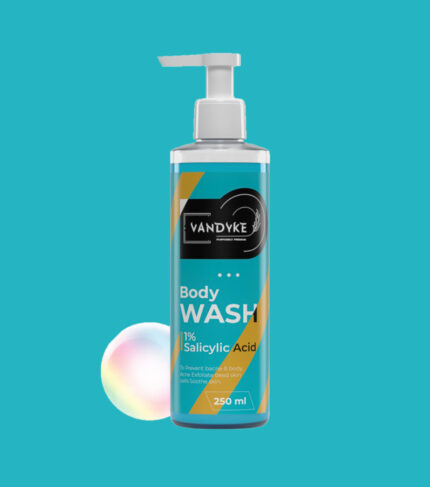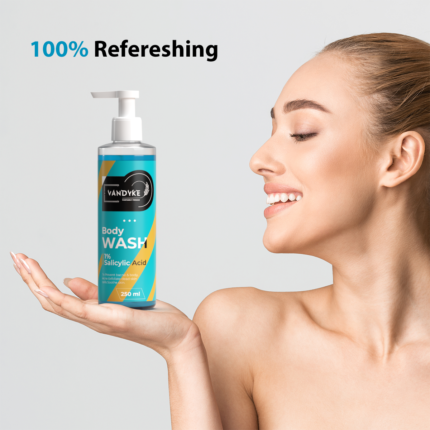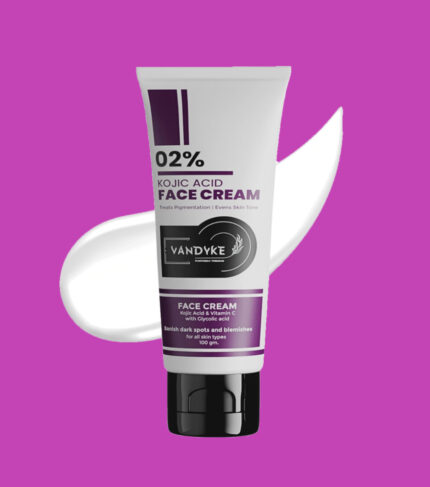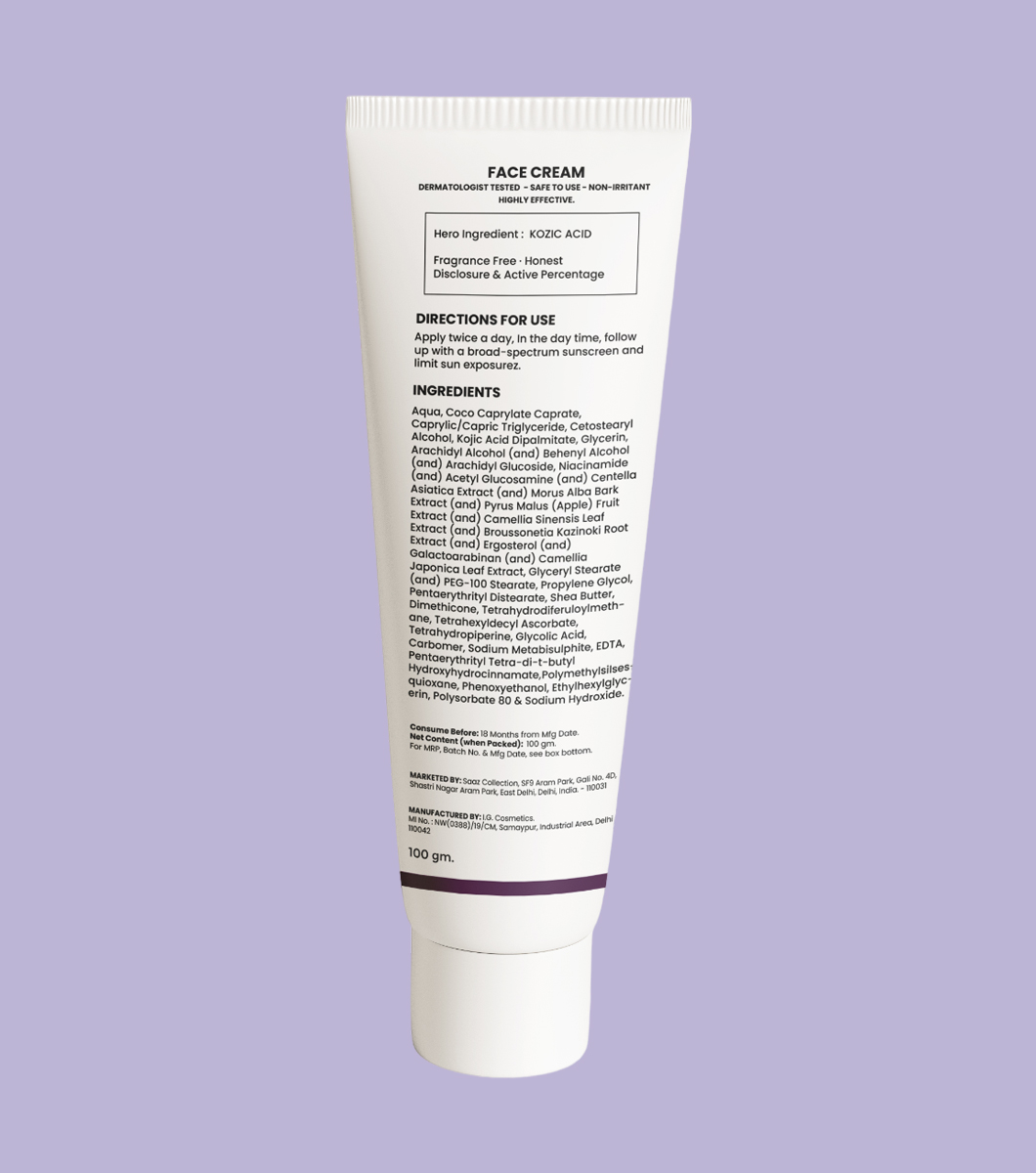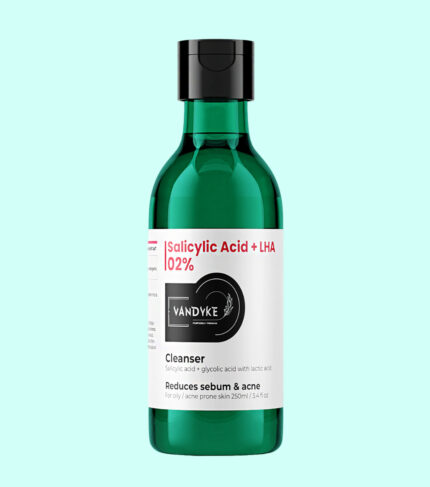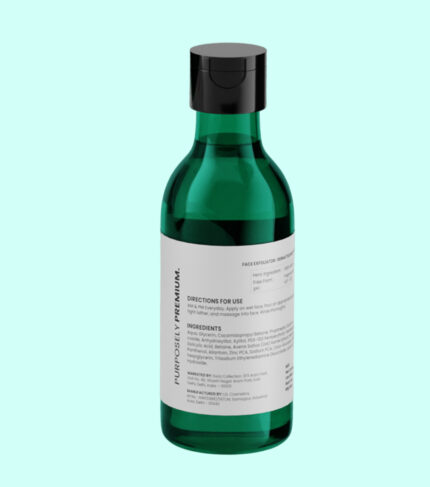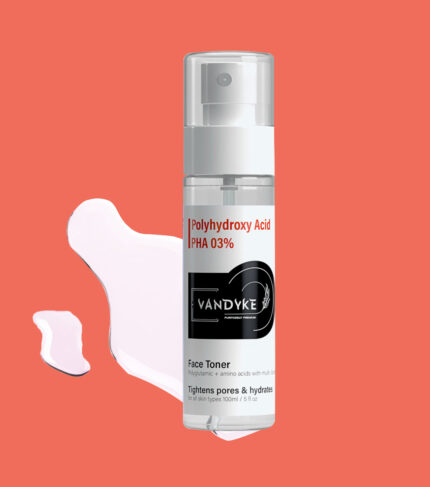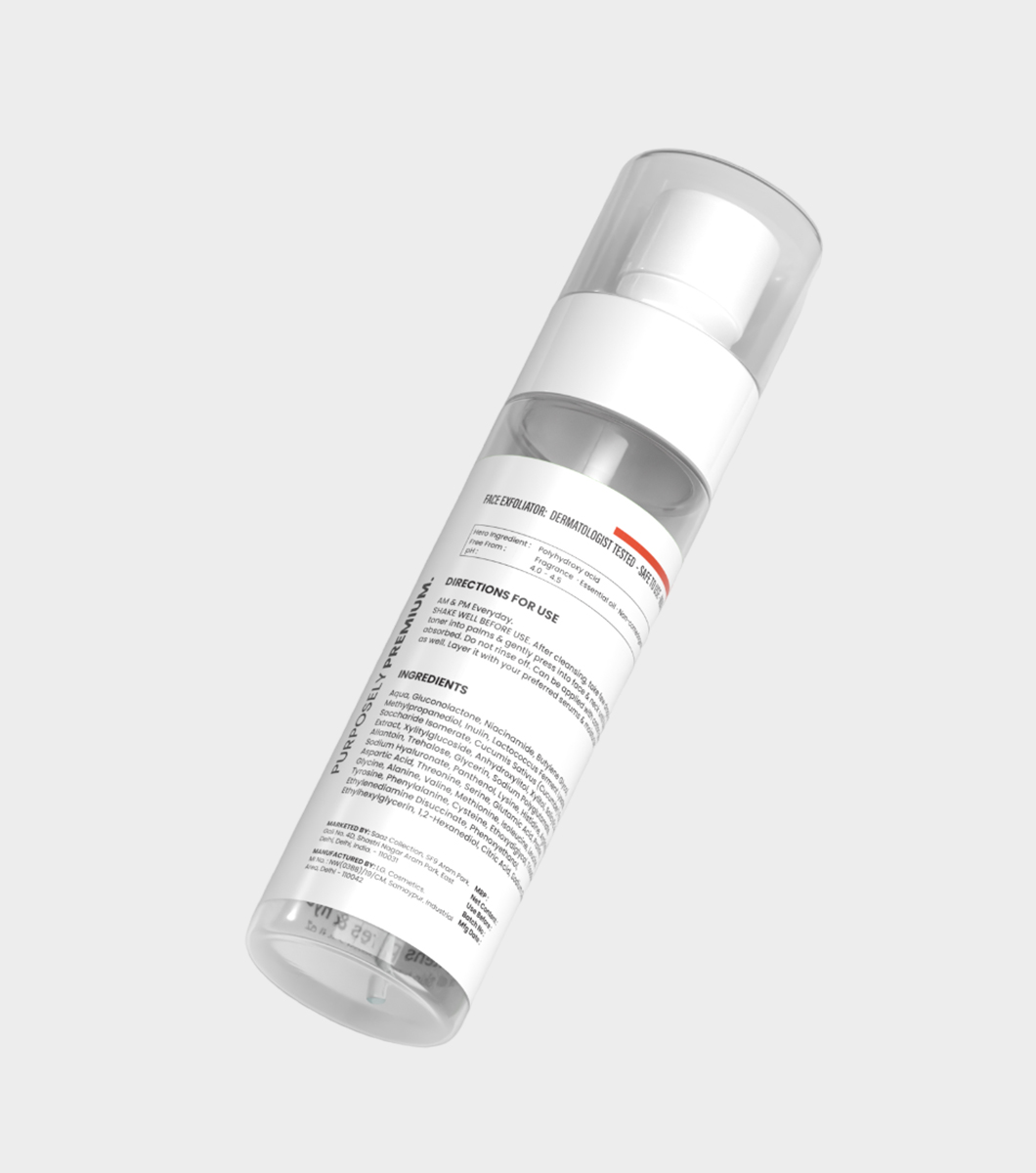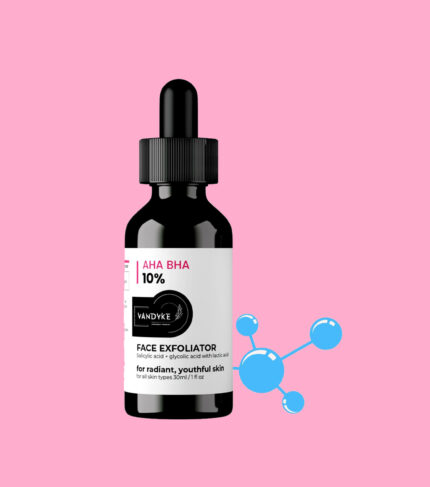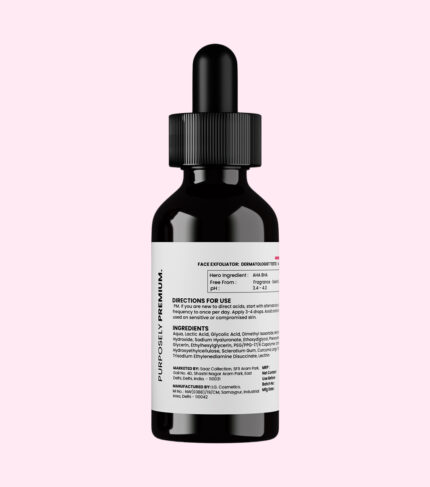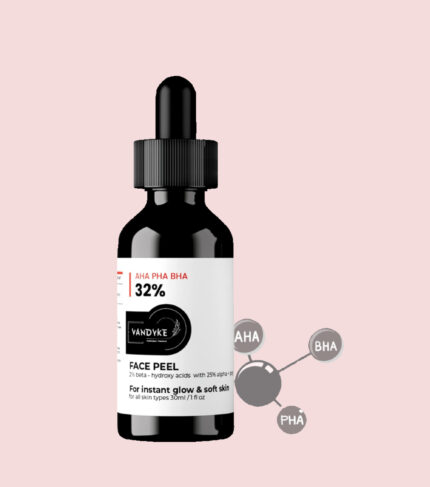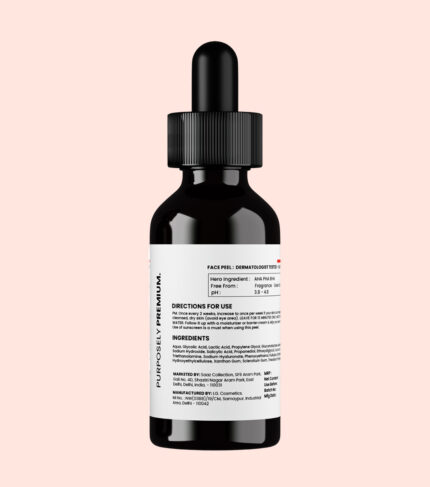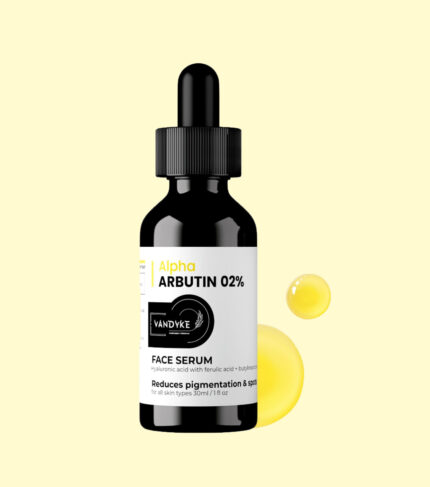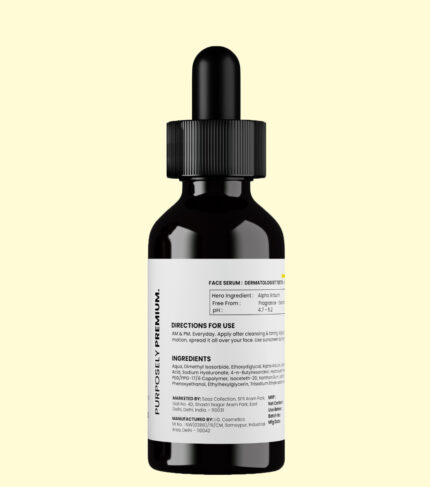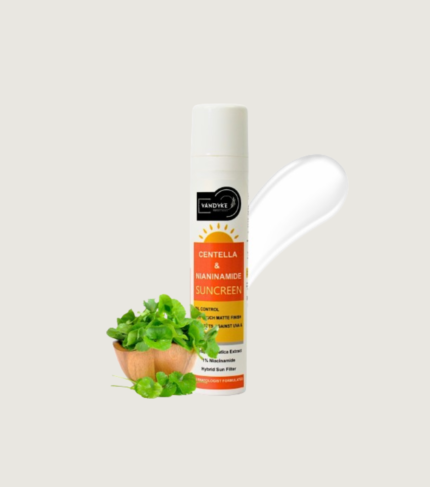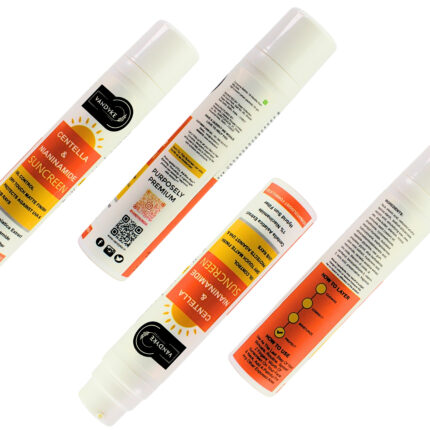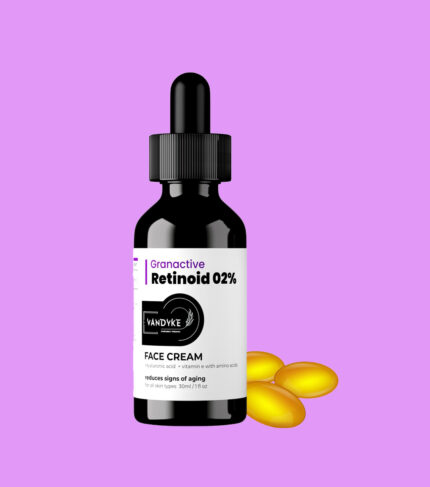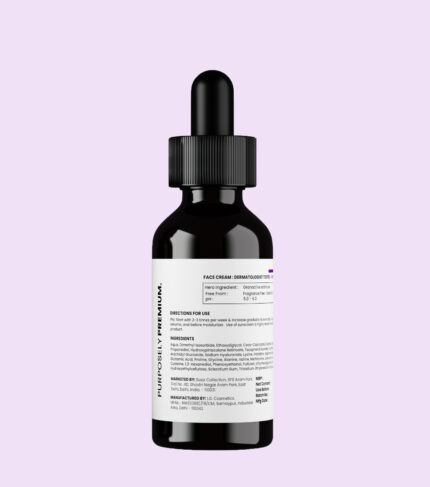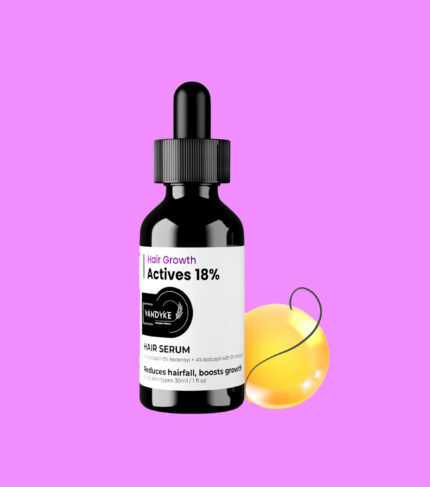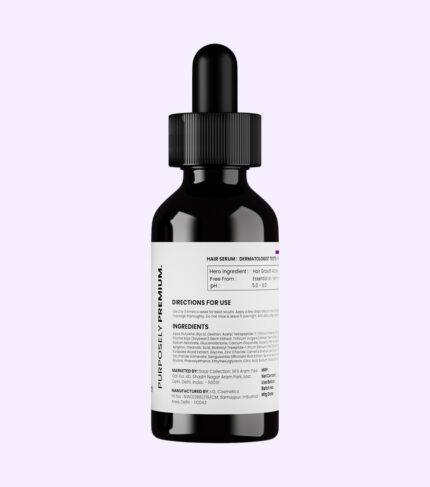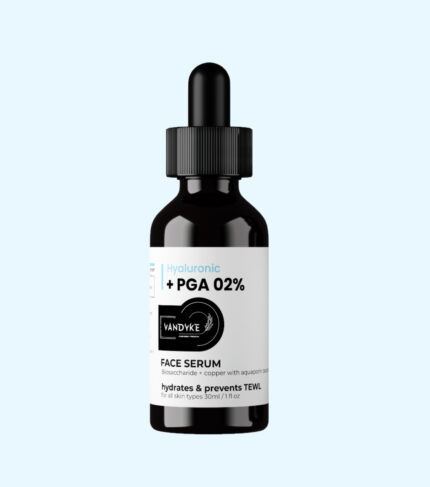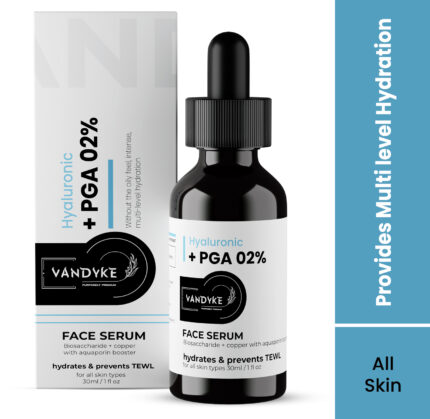How Much Sunscreen Dose is Enough for Everyday Protection
Sunscreen Dose: Sunscreen is your skin’s best defense against the harmful effects of ultraviolet (UV) rays. But, do you know how much sunscreen you really need to apply for effective protection on a daily basis? Let’s delve into the details of the ideal sunscreen dose to keep your skin shielded.
-
The Basics of Sunscreen Application
Using sunscreen is essential for providing effective sun protection. Apply a nickel-sized dollop to your face and neck, and about an ounce (the equivalent of a shot glass) to your entire body for the best coverage. Make sure you cover everything, even the frequently missed spots like the back of the neck and the ears. For daily use, a broad-spectrum sunscreen with SPF 30 is usually appropriate as it provides defense against UVA and UVB radiation. Sunscreen should be applied at least 15 minutes before being in the sun. It should be reapplied every two hours, or more frequently if perspiring or swimming. Even on cloudy days, consistent application is crucial because UV rays can pass through clouds. By adhering to these fundamentals, you establish a daily barrier against UV ray damage, encouraging stronger and healthier
-
SPF Matters
Sun Protection Factor (SPF) is a critical factor in effective sun care. SPF measures a sunscreen’s ability to shield the skin from UVB rays, the primary culprits behind sunburn. For daily protection, a broad-spectrum sunscreen with an SPF of 30 is generally recommended. This level of SPF filters out approximately 97% of UVB rays, striking a balance between efficacy and practicality.
Understanding SPF goes beyond just choosing a number. Contrary to common misconceptions, higher SPF values do not provide a linear increase in protection. While SPF 30 blocks about 97% of UVB rays, SPF 50 offers around 98%, and SPF 100 about 99%. The marginal increase in protection diminishes, emphasizing that diligent and frequent application is crucial.
Moreover, SPF predominantly indicates protection against UVB rays, but broad-spectrum sunscreens also guard against UVA rays, which contribute to premature aging and skin cancer. Striking a balance between SPF, application frequency, and broad-spectrum coverage is essential for comprehensive sun protection. By selecting an appropriate SPF and adhering to recommended application practices, individuals can fortify their skin against the sun’s harmful effects, maintaining a healthier and more resilient complexion in the long run
-
Frequency of Application
Consistent and timely sunscreen application is fundamental for effective sun protection. To maximize its benefits, apply sunscreen at least 15 minutes before sun exposure, allowing the protective ingredients to bind to the skin. Reapplication is equally crucial; it’s recommended to reapply every two hours, or more frequently if swimming, sweating, or toweling off. Sunscreen’s efficacy diminishes over time, especially during outdoor activities, emphasizing the need for regular renewal.
Even on cloudy days, harmful UV rays can penetrate cloud cover, necessitating daily application. This practice not only shields against sunburn but also guards against long-term damage such as premature aging and skin cancer.
The two-hour rule is a general guideline, but certain situations may warrant more frequent reapplication. For instance, extended sun exposure, intense physical activity, or high humidity can compromise sunscreen effectiveness. Adhering to a consistent sunscreen routine not only offers immediate protection but also contributes to maintaining skin health in the long term. By integrating these practices into your daily routine, you ensure a robust defense against the sun’s harmful effects, promoting healthier and more resilient skin over time.
-
Special Considerations
If you’re using other skincare products, apply sunscreen last to ensure its efficacy.
Individuals with sensitive skin or certain skin conditions may benefit from sunscreen formulated for their specific needs.
-
Sunscreen Myths
-Several sunscreen myths persist, potentially hindering proper sun protection practices. One prevalent misconception is that a thin layer of sunscreen provides adequate protection. In reality, using an insufficient amount can compromise effectiveness. It’s crucial to generously apply sunscreen to achieve the recommended level of coverage, ensuring all exposed skin receives proper protection.
Another common myth is that a higher SPF offers significantly longer protection. While SPF indicates protection against UVB rays, higher SPF values don’t necessarily extend the duration of coverage. The key lies in consistent and timely reapplication every two hours or more frequently, depending on factors like swimming or sweating.
Furthermore, the order of application matters. Some believe that applying sunscreen first may dilute the effectiveness of subsequent skincare products. However, sunscreen should be the final step in your skincare routine to ensure its optimal performance.
Dispelling these myths is vital for promoting effective sun care. Proper education on sunscreen application, quantity, and reapplication frequency empowers individuals to make informed decisions, contributing to better skin protection and overall health. By debunking these misconceptions, we pave the way for a more accurate understanding of sunscreen’s role in maintaining skin wellness.
Conclusion
In the realm of skincare, the adage “less is more” does not apply to sunscreen. To safeguard your skin from the sun’s harmful rays, it’s essential to apply the recommended amount of sunscreen diligently. Incorporating this simple practice into your daily routine can go a long way in preventing sun damage and maintaining healthy, radiant skin.
FAQs
What is the importance of using sunscreen?
Sunscreen is crucial for protecting your skin from harmful UV rays, preventing sunburns, premature aging, and reducing the risk of skin cancer.
How often should I apply sunscreen?
Apply sunscreen every two hours, more frequently if swimming or sweating. Reapply after toweling off to ensure continuous protection.
What SPF should I look for in a sunscreen?
Opt for a broad-spectrum sunscreen with SPF 30 or higher to safeguard against both UVA and UVB rays. SPF 30 filters about 97% of UVB rays.
Can I skip sunscreen on cloudy days?
No, UV rays penetrate clouds. Always apply sunscreen, regardless of cloud cover, to maintain consistent sun protection.
Should I use different sunscreens for my face and body?
Facial skin is often more sensitive, so using a sunscreen formulated for the face is advisable. However, any broad-spectrum sunscreen can protect the body.
Is sunscreen necessary for darker skin tones?
Yes, people with all skin tones need sunscreen. While darker skin offers some natural protection, it’s still crucial to prevent skin damage and reduce the risk of skin cancer.
Can I use last year’s sunscreen?
Sunscreen has an expiration date. It’s best to use a fresh bottle each season to ensure effectiveness. If it’s expired, replace it.
How much sunscreen should I apply to my face?
A nickel-sized amount is generally sufficient for the face. Pay attention to areas like the ears and neck, often overlooked.

